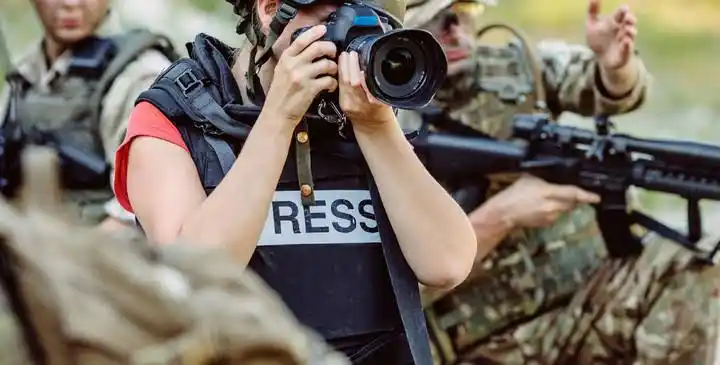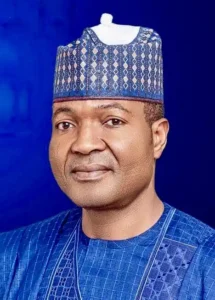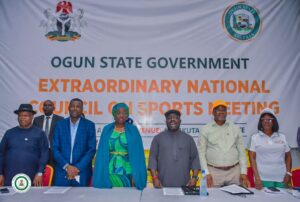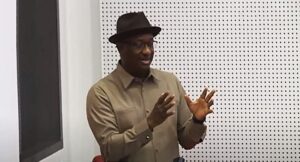Isiguzo Decries Zero Press Freedom, Assaults on Journalists in Central Africa

President of the Congress of African Journalists, CAJ, Mr. Chris Isiguzo, has cried out over the abuse of press freedom and violent assaults on journalists, in Central Africa.
He said, in recent years, cases of attacks on media professionals in Cameroun, Central Africa Republic, CAR, Congo, Democratic Republic of Congo, DRC, Gabon, Chad, Equatorial Guinea, and Sao Tome and Principe, have been on the rise.
His words: “A number of cases related to the state of the media, press freedom, and especially the Safety of Journalists have been documented by our colleagues on ground, and by many international organisations: VOA, Reporters Without Borders, International Press Institute, Freedom House, and others”.
Isiguzo, made this known in Lusaka, capital of Zambia, at the ‘2nd African Media Convention,’ which commenced yesterday.
According to him, attacks on journalists in most Central African countries are perpetrated with impunity.
Hear him: “Journalists and media in Cameroon have witness threats, persecution, attacks, jailing, killings. Most usually all these go with impunity. Two journalists have been killed this year and the journalist colleagues and organisation are calling on the government for justice, and the end of impunity.
“Most part of Central African Republic are under the control of rebel groups. But government officials are more and more intolerant of criticism.
“Journalists who interview other parties to the conflicts are routinely treated as spies or accomplices of the various armed groups. Reporters are often subjected to pressure, threats, violence or cyber-harassment.
Murders of journalists go unpunished.
“The list of journalists killed since 2013 includes Elisabeth Blanche Olofio, Désiré Luc Sayenga and René Padou, the French photojournalist Camille Lepage, and three Russian investigative reporters – Orkhan Dzhemal, Kirill Radchenko and Alexander Rastorguyev – who travelled to the CAR in 2018 to report on the presence of Russian mercenaries.
“A newspaper editor was detained for ten days in September 2022 over an article about a case of embezzlement.
“In Congo, journalists face real threats on a daily basis, especially when they criticise the government or interview opposition leaders. Reprisals include intimidation on social media, telephone threats, arbitrary arrests and imprisonment, and even expulsion or forced exile.
“In DRC, the dangers to which journalists and media are exposed include arrest, intimidation, physical violence, media closures, media outlets getting ransacked, and murder. The presence in Chad of armed groups such as Boko Haram and the Islamic State poses a threat to media personnel.
“Assaults against journalists go unpunished, as evidenced by the murder of journalist Orédjé Narcisse who was shot dead in October 2022 and whose killers have never been arrested.
“In February 2022, a community radio reporter was also shot dead during an attack in southern Chad. In Equatorial Guinea, a country ruled by the same man for more than 40 years, the media are muzzled and censorship is the norm.
“Journalists are threatened, intimidated and subjected to arbitrary detention. Their phones are often tapped, they need special permission to visit certain areas, and sanctions are used to keep them in line.
“In Gabon, press freedom is guaranteed by law but is restricted in practice, and reporters self-censor to avoid legal repercussions. Gabonese journalists are still subjected to intimidation attempts, especially through summons by the security services”.
Talking about the ‘Status of Press Freedom in Central Africa,” Isiguzo, who also is the President, Nigeria Union of Journalists, NUJ, however said that CAJ, as a continental body, is paying a close attention to developments in other nations within the continent.
“And we intend to before long organise a regional engagement with the sole intent of highlighting some of these issues, and proffer possible strategies on how to tackle them using existing legal frameworks unique to each nation,” he said.









